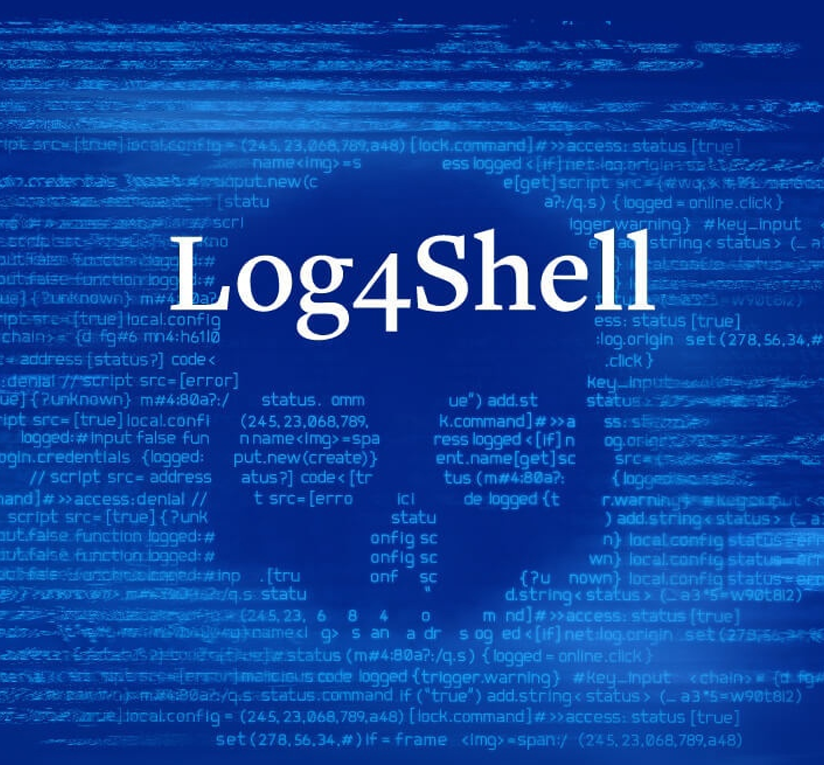
Apache Vulnerability in Log4j (Log4Shell)
Table of Contents
In December 2021, the Apache Software Foundation disclosed a critical vulnerability in its Log4j library. A widely used logging framework for Java applications. Known as Log4Shell, this vulnerability exposed a significant number of systems to potential attacks. The flaw allowed attackers to execute arbitrary code on vulnerable systems, posing a substantial risk to organizations worldwide.
This white paper discusses the nature of the Log4Shell vulnerability, its potential impact on businesses. And the steps organizations must take to protect their systems from exploitation at IP Services. We take cybersecurity threats seriously, and we have implemented a range of measures to ensure our clients’ systems remain secure in the face of emerging vulnerabilities like Log4Shell.
What is Log4Shell?
Log4Shell refers to a vulnerability in Apache Log4j, a Java-based logging utility used in many web applications and enterprise systems. The vulnerability affects versions 2.0-beta9 to 2.14.1 of Log4j and allows attackers to send malicious data that triggers remote code execution on the targeted system.
This vulnerability is particularly dangerous because it is so widespread. Many organizations use Log4j as part of their Java-based applications, meaning that a vast number of systems could potentially be compromised. Log4Shell is considered one of the most severe vulnerabilities discovered in recent years, prompting an urgent response from cybersecurity experts around the world.
How Does the Exploit Work?
The Log4Shell vulnerability exploits a flaw in how Log4j handles user input. When an attacker sends a specially crafted string to the Log4j logging framework, it can trigger a process known as “remote code execution.” This allows the attacker to run arbitrary code on the server where Log4j is installed.
Because logging frameworks are often used to log a wide variety of user input, including web requests, error messages, and other system interactions, attackers can exploit this vulnerability in numerous ways. For example, they could send malicious data through a web form, a chat message, or even a custom HTTP request. Once the malicious string is processed by Log4j, the attacker gains access to the system and can execute any code they choose.
The Immediate Risks
The potential impact of the Log4Shell vulnerability is vast. Once an attacker gains access to a vulnerable system, they can perform a wide range of malicious activities. These include:
- Data Exfiltration: Attackers can steal sensitive data, such as customer information, intellectual property, and financial records. This can lead to regulatory fines, legal liabilities, and reputational damage.
- Malware Deployment: Attackers can deploy malware, such as ransomware, to encrypt critical files and demand payment in exchange for restoring access. Ransomware attacks can be financially devastating for businesses, causing downtime and loss of revenue.
- System Takeover: By exploiting the Log4Shell vulnerability, attackers can gain full control of the targeted system. This allows them to modify system configurations, disable security features, or even use the compromised system as a launchpad for further attacks.
How to Protect Against Log4Shell
The Apache Software Foundation has released patches to fix the Log4Shell vulnerability. To protect against exploitation, organizations must ensure that they are using the latest version of Log4j. The patched versions are 2.17.1 (for Java 8), 2.12.4 (for Java 7), and 2.3.2 (for Java 6).
However, because Log4j is often embedded in other applications, simply patching the software may not be enough. Organizations must work closely with their software vendors to ensure that all third-party applications that use Log4j are also updated. This may require reaching out to application developers and asking for patched versions of their software.
Additional Mitigation Steps
In addition to applying the patches, organizations should take the following steps to mitigate the risk of Log4Shell exploitation:
- Identify All Internet-Facing Assets: Discover all assets that allow data inputs and use the Log4j library. These assets are the most likely entry points for attackers.
- Monitor for Unusual Activity: Use network monitoring tools to detect any signs of unusual traffic patterns, such as outbound connections to unfamiliar domains. This can help identify systems that may have already been compromised.
- Assume Compromise: If your organization is using a vulnerable version of Log4j, assume that attackers may have already exploited the vulnerability. Conduct a thorough investigation to identify any signs of malicious activity and take steps to isolate affected systems.
- Implement Defense-in-Depth: Even with patches applied, organizations should implement additional layers of security to protect against future exploits. This includes firewalls, intrusion detection systems, and endpoint security solutions.
The Role of IP Services
At IP Services, we take a proactive approach to cybersecurity. We constantly monitor for emerging threats, such as the Log4Shell vulnerability, and take immediate action to protect our clients’ systems. Our security team is in close contact with software vendors to ensure that patches are applied promptly, and we work with our clients to identify any potential vulnerabilities in their systems.
We also provide continuous monitoring to detect any signs of malicious activity. By analyzing network traffic and system logs, we can identify unusual behavior that may indicate an attempted exploit. This allows us to respond quickly and prevent attackers from gaining a foothold in our clients’ environments.
Conclusion
The Log4Shell vulnerability serves as a stark reminder of the importance of proactive cybersecurity measures. Organizations must remain vigilant and take immediate action to protect their systems from exploitation. By applying patches, monitoring for unusual activity, and implementing additional security measures, businesses can mitigate the risk of Log4Shell and other emerging threats.
At IP Services, we are committed to helping our clients stay ahead of the latest cybersecurity challenges. Our comprehensive approach to security management ensures that vulnerabilities are identified and addressed before they can be exploited. If you need assistance protecting your systems from threats like Log4Shell, contact IP Services today.